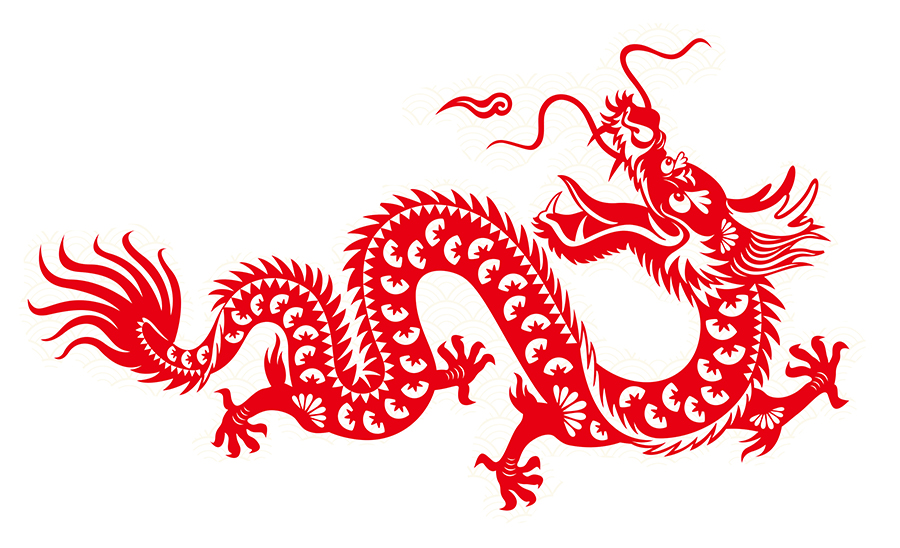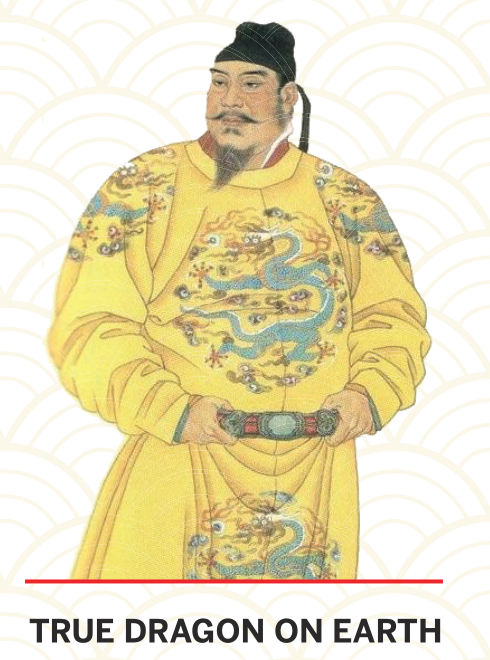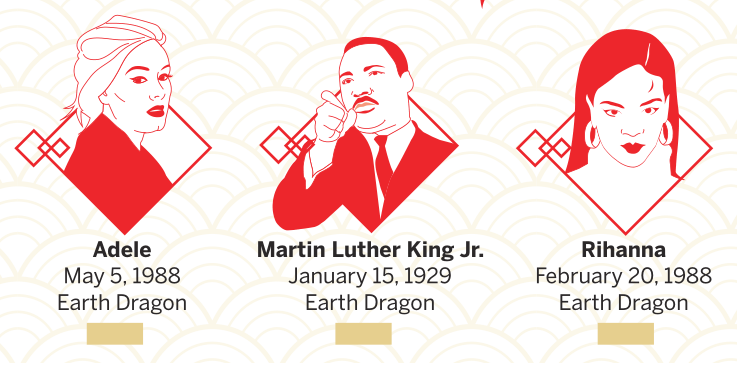Things you need to know about Chinese dragon
2024-02-09

Dragons are not only mythical but also mystical in Chinese culture. They convey strength, wisdom and good fortune. In ancient times, the dragon was regarded as a divine being capable of controlling the weather and bringing rain.
People worshiped and revered dragons, praying for favorable winds and abundant harvests. Dragons were prominently featured on a wide array of everyday objects, serving as powerful symbols that embodied the people's profound aspirations and hopes.
FEATURES AND MEANING OF THE DRAGON
In a 12th-century piece of writing, a dragon is described as having outstanding features of other animals.The traditional description gives it:
The antlers of a deer
The talons of an eagle
The paws of a tiger
The neck of a snake
The belly of a sea-monster
The forehead of a camel
The scales of a fish
The ears of an ox

5TH IN THE RACE, WHY?
Legend indicates that the Jade Emperor held a race to decide which animals should be in the zodiac. The dragon, who was the favorite to win the first place, found a village suffering from drought and decided to stop to help them. Thus, it lost the top prize with honor.

In ancient China, dragons were common motifs on royal emblems, attire and palace decorations. And they also occupy positions in literature and folklore, linking the emperor’s rule with celestial appointment.

YEAR 2024 TO DRAGON PEOPLE
According to the Chinese horoscope, people generally encounter more misfortune than good fortune in their zodiac year of birth (Ben Ming Nian). Wearing red may help to diminishor avoid bad luck.




